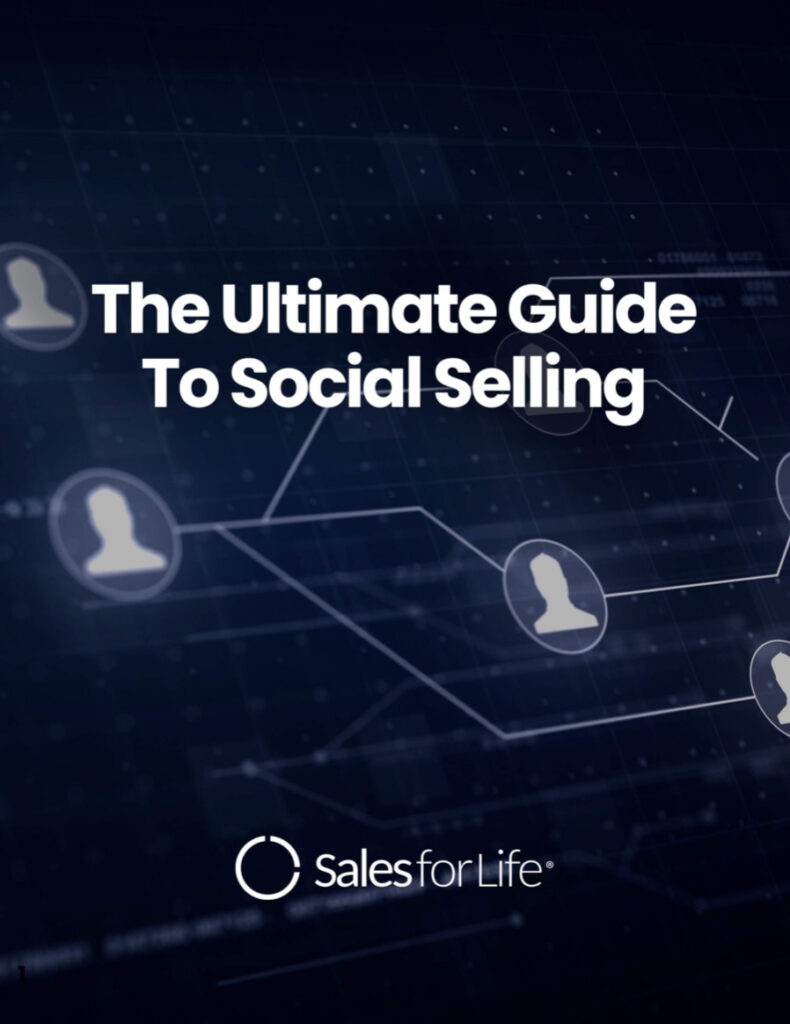 I believe wholeheartedly that sales professionals have the best of intentions when wanting to speak with, and ultimately do business with, their prospects.
I believe wholeheartedly that sales professionals have the best of intentions when wanting to speak with, and ultimately do business with, their prospects.
So why is it that we are largely brushed off and ignored by prospects?
Let’s call it the way it is, prospects ignore us and when they do speak with us, they’re initially guarded. It seems there is an air of mistrust in conversations. This doesn’t happen all of the time, but by and large, I’m sure you’d agree.
How many times has this happened to you? I’m guessing this is the norm more often than we care to admit.
The Root of the Problem
I’m of the belief that prospects do this as they don’t know us. They don’t know us personally, if you work at a smaller or newer organization, they may not know your company, your values, how you do business and a whole host of other unknowns.
This is very real and the problem still persists despite our best efforts to correct this.
Now, let’s talk about you (yes, YOU) for a moment. You may have expert knowledge and can even navigate their business problems to help them with solutions they need or aren’t even aware of. The challenge isn’t your knowledge, it’s that your prospect is unaware that you possess this knowledge and have skills to benefit them.
They’ve made a fatal error in grouping you together with all of those other sales professionals who are aggressive, overly persistent and ones that don’t add real value to every interaction.
The Importance of Sharing Insights
The beauty of social media is that it’s an equal playing field. Every sales professional – known, unknown, reputable and everyone in between – can share their insights into the marketplace. This includes news, views, opinions and facts.
You can also share insights with prospects on an individual basis. You can gather information from multiple sources including the prospect herself, the company their work for or challenges and opportunities their entire industry faces.
This sounds relatively simple and yet, the majority of sales professionals still choose to lead with generic product pitches and brochures. I’m talking about valuable tidbits of information that your potential buyer isn’t aware of, different ways of approaching a problem and more.
What’s The ROI?
You may be thinking that sharing and providing insights requires an investment of your time. There is no sugar coating it; yes it does. So what’s the ROI of all of this?
Sharing insights helps achieve the following.
Thought Leadership
It conveys to buyers and the market that you are knowledgeable, well-versed and have subject matter expertise. According to Corporate Visions, 74% of buyers choose the sales rep that was first to add value and insight.
In fact, all of those unique ideas you have, the ones that you’ve been itching to release, now have a medium of expression. Use the power of social to your advantage and help yourself convey what you already know.
Brand
This is a hard one to define but I believe from a sales perspective, brand is what you build over time with lots of hard work. It comes after you display genuine thought leadership, insights and elevate your market to become better.
Competitive Differentiation
Providing insights helps differentiate you from the rest of the pack. Competition is fierce and chances are it’s never going away. Your ability to think on your feet and be creative is always a good thing. This comes with practice.
Business Conversations, Not Sales Pitches
It enables your prospects to open up dialog with you in relevant and contextual ways. Generic sales meetings with product brochures and offerings become secondary. Business conversations become primary drivers. Without relevancy and context, prospects will be less trusting of you as a sales professional. In fact, 92% of people don’t trust companies who cold call according to Citizen Advice.
As you share valuable insights, you validate your position of authority as a professional. One that’s willing to look to the long-term and help the buyer at all costs.
This has personally helped me have more real conversations than typical sales pitches and product demos.
The Bottom Line
If you’re wondering about the ROI of Social Selling , it can be summed up with the reasons above. Good things happen when you do good – that’s the general rule of thumb I believe we all live by.
By immersing yourself into actively sharing relevant insights the market and your prospects want, you can build your pipeline and revenue.
That’s what I call a win-win situation.
Do you think there are more benefits of Social Selling? Or, do you think the reasons cited above are unproven? Tweet me your thoughts @AmarSheth or connect with me on LinkedIn.
{{cta(‘ec55a9f6-f4e1-449d-870d-899a003e60a8’)}}



